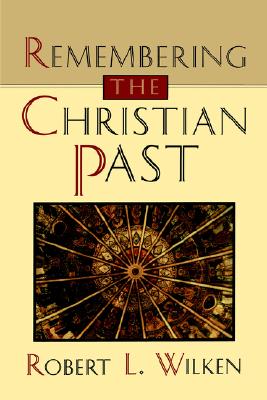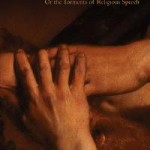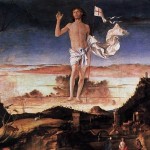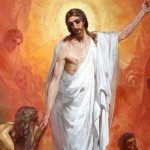
Commentators on religion are always harping about how our contemporary “radically pluralist” situation is unprecedented, and more likely than not, catastrophic for the Christian tradition.
Self-styled radical theologians such as John Hick in God Has Many Names, Charles E. Winquist in Desiring Theology, plus John Shelby Spong and Raimondo Panikkar in academically less respectable volumes (whose names I shall not mention), argue that Christian theology must change or die in the face of this revolutionary situation.
Robert Louis Wilken, one of our most important scholars of early Christianity, believes nothing could be further from the truth. In the volume Remembering the Christian Past (Eerdmans, 1995) he proves that we’re only replaying the debates of early (and medieval) Christians:
“Christians, however, have long had to face the challenge of other religions. For the first four hundred years of Christian history a traditional religious culture (which was not, as once thought, moribund) set the agenda for many Christian intellectuals, and its spokesmen energetically contested what seemed to be the [exclusivist] pretensions of the new religion.”
As much as I hate grading undergraduate essays that begin with “ever since the dawn of the universe / man / culture / religion / Christianity” or with “those who cannot remember the past . . .” the case of religious pluralism is an instance where one of those phrases apply.
Take a look at the arguments of Porphyry, Celsus, Cicero, and they all pretty much sound like Symmachus when he argues against the Christians:
“We gaze at the same stars, the sky belongs to all, the same universe surrounds us. What difference does it make by whose wisdom someone seeks the truth? We cannot attain to so great a mystery by one road.”
They also sound like today’s “radical theologians.” Closer acquaintance with history should turn our notions who the conservatives and liberals are in the religious pluralism debates upside-down. It makes all the difference.
As luck would have it, the book is available at a massive 60% discount from amazon.com.












